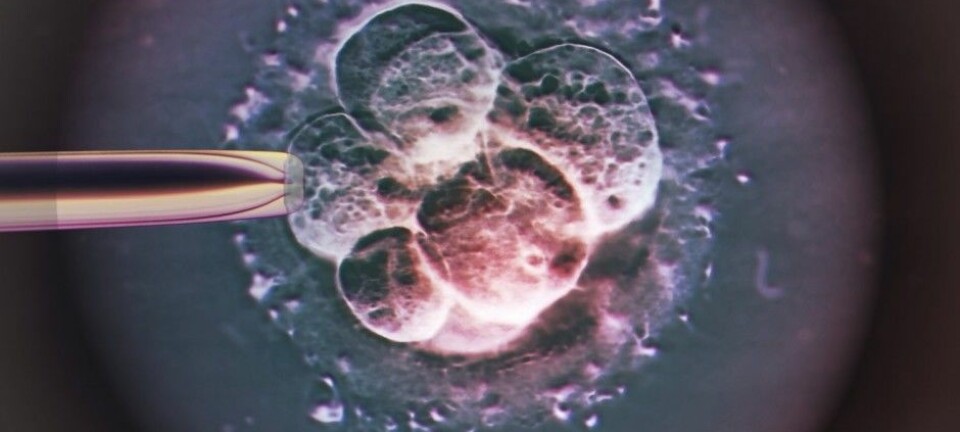
The immune system can fight cancer
We can now guide the immune system to fight cancer, and tailor immunotherapeutic treatments for each patient.
Cancer is traditionally treated with surgery, chemotherapy, and radiotherapy. But a number of studies in recent years have demonstrated that our own body might be able to fight the disease, using the immune system to target and kill cancer cells.
Immune system cells circulate the body like police officers on patrol. If they track down a diseased cell they will coordinate an attack on the diseased tissue while sparing the healthy tissues around it.
Cancer develops as an evolutionary tree
As a tumour develops, its DNA mutates. These DNA mutations create small, mutated protein pieces, called peptides, on the surface of the cancer cell.
Peptides help the cancer cells divide and spread to new areas of the body, but they are also the cancer cell’s Achilles heel. They are essentially little flags on the surface of the cancer cell that attracts the attention of the immune system.
The immune system can recognise these mutated peptides and could potentially be used to develop immunotherapeutic treatments for cancer, including vaccines.
In our new study, which is an international collaboration between scientists in the UK, USA, and Denmark, we now show how the mutations are distributed within the cancer also plays a major role.
While the tumour grows, some of the early mutations are maintained, while other mutations occur in more local regions of the tumour. We show that these early mutations are present in all cancer tumour cells and have the greatest impact on the immune system's ability to fight cancer.
We also show that patients with lung and melanoma cancer live longer if their tumours contain these common mutations.
By isolating immune cells from the tumours of lung cancer patients, we demonstrate how they are able to recognise the mutated peptides.
An eternal struggle between cancer and immune system
You might wonder how tumours develop and grow out of control, if we have defence mechanisms already in our bodies.
But the interaction between cancer and the immune system is extremely complex. Just as the immune system has developed weapons to recognise and fight cancer, so too, have cancer cells developed tricks to hide from the immune system and avoid extinction.
One of these mechanisms is the ability of cancer cells to suppress the immune systems response to cancer. But drugs have been developed in recent years to counteract this, with good results for several types of cancer.
Immunotherapy works in a similar way--targeting cancer cells and boosting the immune system’s reaction against them.
Tailored immunotherapy for cancer patients
The type of mutations within these tumours can predict how well this type of treatment will work for individual patients. Again, patients with the common mutations have the best chance of benefiting from treatment.
The new study is a significant step towards the development of tailored immunotherapeutic treatments, where we identify mutated peptides that can be used in vaccines and can be combined with other forms of immunotherapy for individual patients.
-------------------
Read the Danish version of this story on Videnskab.dk
Translated by: Catherine Jex









